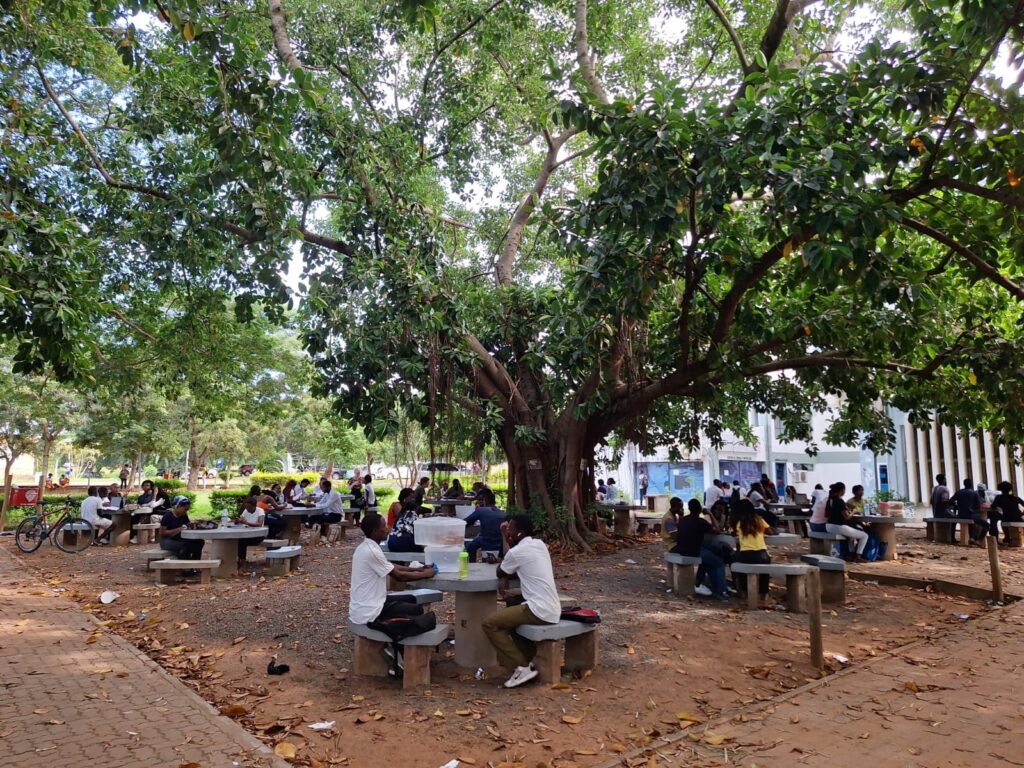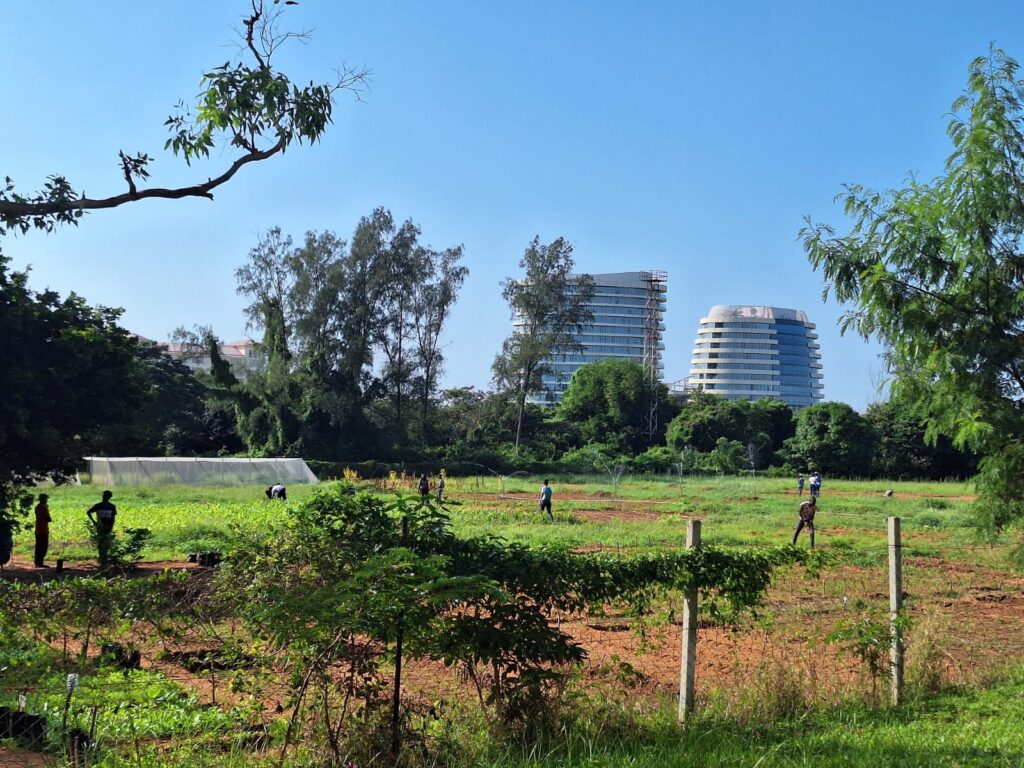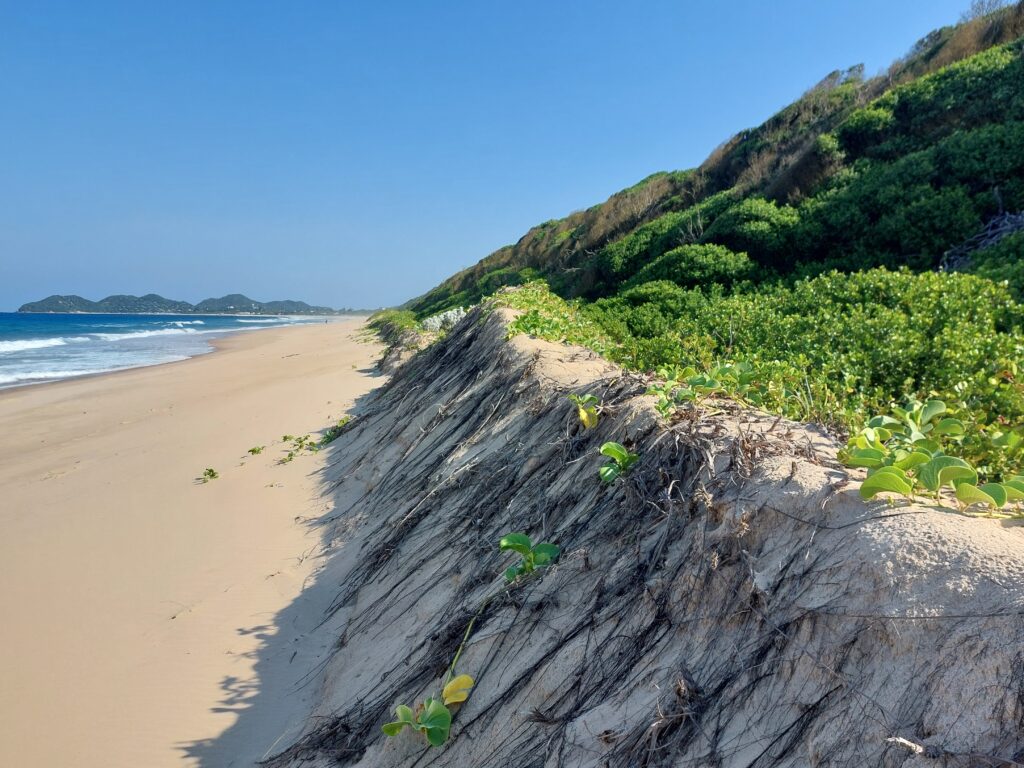As part of the Global Transitions programme, a delegation from the KIN team paid its first working visit to Mozambique last month. In this report, we share a look back and our initial insights.
The Global Transitions programme focuses on regions that are vulnerable to climate change without having contributed much to it themselves. Mozambique is one of the most climate-vulnerable countries in the world. Droughts, floods, heat waves and cyclones are becoming increasingly common. Among other things, this is causing food shortages, migration to cities and displacement of people. This puts the development and resilience of the country and its inhabitants under increasing pressure. Recently, there has been a lot of political unrest in Mozambique, leading to protests and violent clashes between the police and opponents of the ruling regime. The situation now seems to have calmed down, although it is uncertain how long this will last.
Over the past year, preparations have been made within KIN for the roll-out of a programme in Mozambique through expert meetings and numerous online encounters. These discussions highlighted water management, the energy transition and disaster response as major climate change-related societal challenges. During the trip, the KIN visited a number of organisations, including Mozambican and international NGOs, the country’s largest university, independent research institutes, the water directorate, the climate change directorate, several international donors, the national research fund, youth organisations and climate experts. The KIN hopes to launch an initial project with some of these parties in the near future.
Some of our insights:
- Mozambique regularly faces severe droughts, floods and food shortages. These urgent challenges require swift and necessary action. An approach that looks at the necessary long-term transitions is sometimes lacking because the short term logically demands priority.
- Many NGOs express concerns about the limited involvement of communities, young people and civil society in climate adaptation plans. Civil society space has been steadily declining in recent years. Fortunately, organisations such as the Youth Climate Action Coalition are increasingly making their voices heard.
- Research in Mozambique is mainly conducted at the country’s largest university. A climate centre is likely to be established there soon, bringing together different disciplines. Because universities are regulated by the government, independent research institutions have also emerged, such as IESE and OMR, which advocate for more academic freedom. They also bring a more socio-economic perspective to the table.
- There is a national strategy for adaptation and mitigation, a national adaptation plan and local adaptation plans. However, many of these plans are written by experts from Maputo. The alignment of these plans with the local context, the available capacity and the resources needed to implement the plans leaves much to be desired.
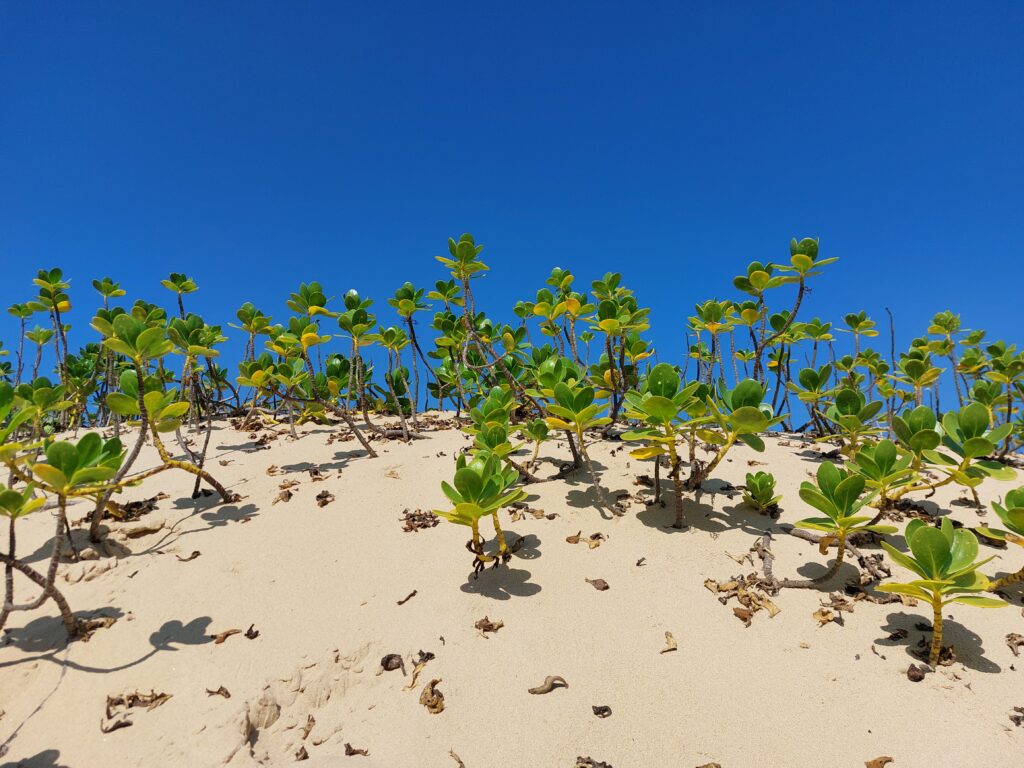
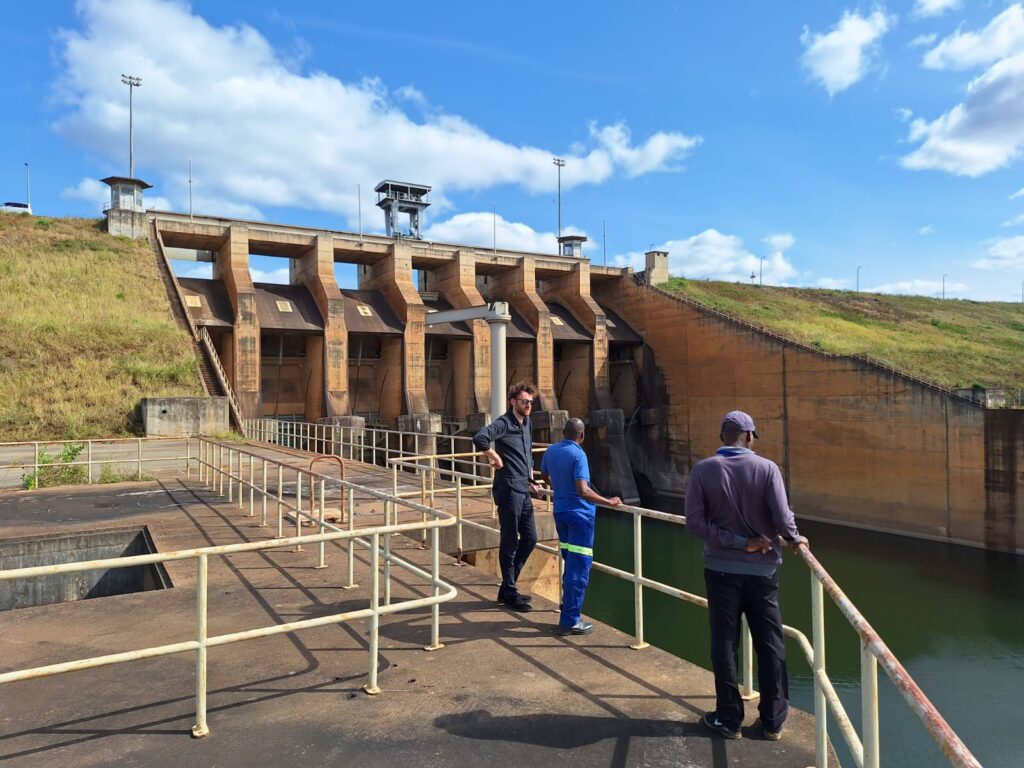
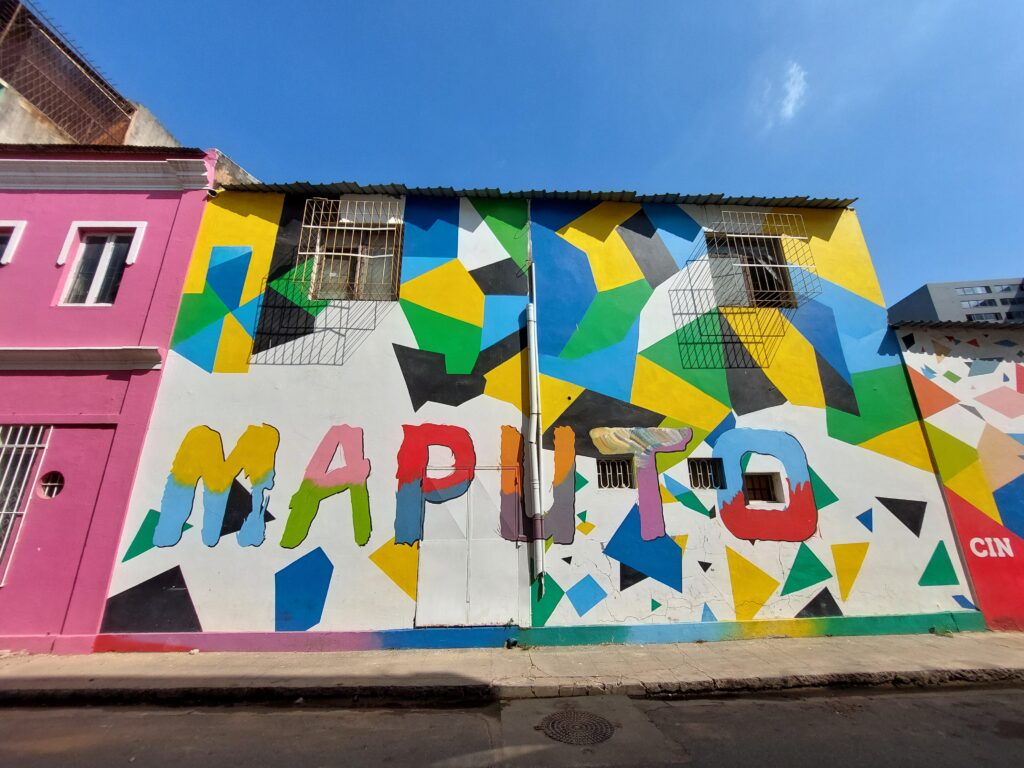
What does this mean for KIN Global Transition in Mozambique?
We have completed our initial scoping phase. The visit to Mozambique, as well as the earlier discussions, have helped us to determine our course and approach. It also gives us direction to actually add value and align our KIN mission with local needs. We will continue based on the following principles:
- We see added value in (1) strengthening the research landscape for greater impact on climate resilience, (2) applying a transition perspective to addressing societal challenges, and (3) focusing on decentralised implementation and ownership of climate plans.
- We will start by defining water management transitions for climate resilience.
- We are working towards two phases: Phase 1 consists of a transition analysis, or a deep dive into a societal problem to identify the obstacles, alternatives and possible transition paths. This phase is expected to start in the coming months. Phase 1 will be completed with the drafting of a knowledge and transition agenda. In phase 2, several projects will be launched that are in line with this agenda. We expect phase 2 to start in 2026.
- Both phase 1 and phase 2 will be carried out by local universities, research organisations and NGOs in collaboration with governments and, where necessary, with input from Dutch knowledge institutions.
Are you interested in knowing more about the Global Transitions-program of the KIN? Please contact Lizanne Schepers: l.schepers@nwo.nl and/or Sander Mensink: s.mensink@nwo.nl.
